Who took your truck?
A few weeks ago, my 4-year old son and I were having a conversation as I tucked him in for bed. He was telling me how one of his friends had grabbed his toy truck out of his hands at school. My son had tried to get his truck back, without success. His friend had yelled at him. My son’s face scrunched up as he told me what happened, his bottom lip quivering. When I asked him how he felt, he said, “I don’t know, mommy. All the feelings in my body went away.”
My protective instincts kicked in, and I could feel my own heart hurting for him when I asked, “Where did they go?”
He was quiet for a moment, thinking. Then he said, “They just went away, out of my body. I don’t know where.”
“Were you able to get them back?” I asked.
“Yes,” he said. “My teacher gave me a hug and they all came back. My body felt better.”
I was blown away by my son’s description of his feelings, and I couldn’t help but give him another hug immediately, for both of us. I was relieved and deeply appreciative of the teacher who soothed my son’s hurt with a moment of caring.
I share this story because it so tenderly highlights what happens to all of us in our lives and our leadership. Someone takes our truck and we feel bad. Or maybe, without intending to, we take someone’s truck and cause them to feel bad. Then we need to figure out how to work with our feelings (or lack thereof), and get our equilibrium back, like my son did.
When’s the last time you took someone’s truck?
It’s easier to focus on what people have done to us, but let’s be honest. In the workplace, there are many opportunities to inadvertently take someone’s truck. We have all done it. Maybe we didn’t get something to someone on time when they were counting on us. Or we were curt when we could have been more empathetic with a team member. The point is, our behavior has an impact on our team members, and they are reacting whether or not we mean to have that effect. If we’re lucky, we’ll get some feedback that helps us figure out how to address our impact. But sometimes we don’t and tensions fester, creating stress in our relationships that we may not even be aware of.
Who’s taken your truck recently?
I’m sure that you can come up with several responses to this! Like the time so-and-so talked over you in a meeting, or when your boss dumped a new project with an immediate deadline on your desk right before you were leaving for the day. Whatever these experiences are, they lead us into a default reaction - some version of fight, flight, freeze, or appease. And that default reaction tends to happen again and again when we are confronted with challenging situations.
Are we destined to be stuck in these default patterns for the rest of our lives, hamsters running on a wheel that we can’t get off of? While I know from personal experience (as a recovering freeze and appeaser) that it might FEEL like we are trapped, I am glad to share that the answer is no.
We do not have to be limited by our instinctive reactions. Through cultivating emotional self-awareness, we learn to develop greater understanding of our feelings as they arise, as well as our reactive tendencies. Then we are able to do what we need to take care of ourselves so that we can skillfully respond to any situation, rather than react instinctively. We also become more aware of the impact that we have on others.
This is what emotionally intelligent leadership is all about, and it’s at the heart of my work with leaders and organizations. It is the difference between a leader who’s thriving in their new role managing a team, and a leader that keeps getting feedback that they need to work better with others.
The beauty of emotional intelligence is that it is not fixed. It’s not something that you either have or you don’t. Anyone can cultivate emotional intelligence, with intention and focus. And the payoff is huge. I’ve seen the positive impact many times over with the leaders and organizations that I work with.
I talk about this in much more depth during my Stop Spinning, Start Leading Masterclass. Two of the most frequent questions I get are: What can I do to develop my emotional intelligence? How do I develop this with my team?
Here are some great resources to get started:
Practice: This simple practice for strengthening emotional self-awareness takes less than 5-minutes a day. It’s so straightforward, I do it with my 4 and 7-year olds.
Assess: Curious about what your emotional intelligence strengths and areas for development are? You can always connect with me for a 360-assessment and coaching session. If you aren’t ready for that step, here is an excellent, free online self-assessment developed by Annie McKee and Richard Boyatzis.
Watch: There are some incredible TED talks that focus on cultivating emotional intelligence – here is a short 3-minute video on the power of thank you by Dr. Laura Trice. Great food for thought.
Developing your emotional intelligence is one of the best things you can do to strengthen your leadership and invest in your team. If you are ready for a deeper dive, schedule a call to chat with me about what’s possible.

